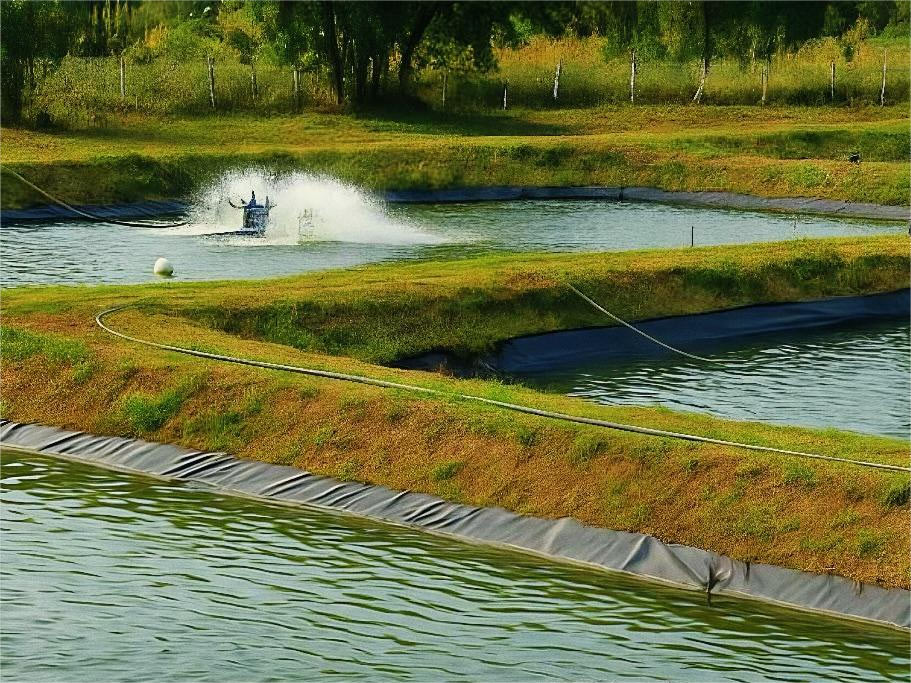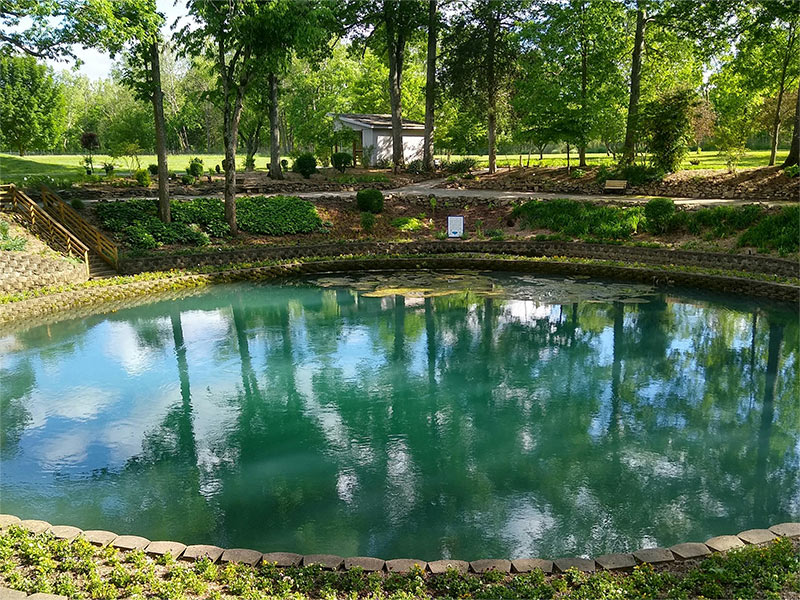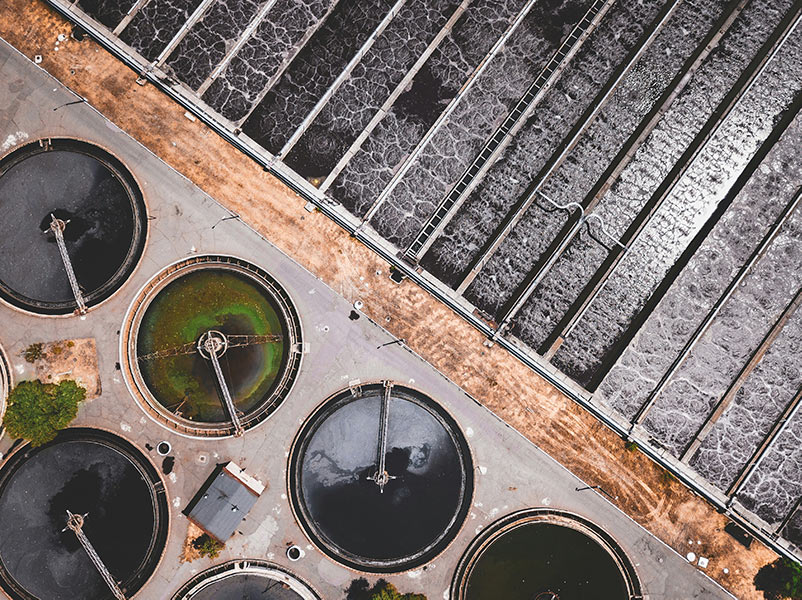Manufactured using advanced liquid deep fermentation technology, our agent offers a reliable process, high strain purity, and excellent microbial density—making it a powerful tool for sludge management and reduction.
Product Overview
This microbial agent efficiently breaks down and digests organic matter present in sludge, facilitating sludge reduction and lowering sludge disposal costs. The robust spore-forming bacteria exhibit superior tolerance to toxic substances and environmental shocks, enhancing the overall system resilience in biological wastewater treatment.
Whether used as a supplement to activated sludge systems or in natural wastewater treatment setups, this product ensures stable effluent discharge and optimal operational performance.
Key Features
✅ Highly Efficient Sludge Digestion – Targets organic components in sludge, reducing volume effectively
✅ Spore-Forming Bacteria – Enhances resistance to toxic shocks and fluctuating loads
✅ Stable Effluent Output – Ensures consistent water quality despite load variations
✅ High-Purity Fermentation – Produced using liquid deep fermentation for consistent results
✅ Cost-Effective Sludge Management – Helps cut down sludge treatment and disposal costs
Application Areas
Municipal wastewater treatment plants
Aquaculture ponds and fish farms
Swimming pools, hot spring baths, aquariums
Lakes, reservoirs, man-made ponds and landscape water bodies




Aquaculture ponds and fish farms
Lakes, reservoirs, man-made ponds and landscape water bodies
Swimming pools, hot spring baths, aquariums
Municipal wastewater treatment plants
Optimal Application Conditions
|
Parameter |
Range |
| pH | Optimal activity between 5.5–8.0; peak growth at pH 6.0 |
| Temperature | Functions well between 25°C–40°C, ideal at 35°C |
| Trace Elements | Proprietary bacterial strains require essential micronutrients for optimal growth |
| Toxicity Resistance | Capable of withstanding chemical toxins such as chlorides, cyanides, and heavy metals |
Usage Instructions
Liquid Agent: Use 50–100 ml/m³
Solid Agent: Use 30–50 g/m³
Dosage may vary depending on site conditions and treatment system setup.











